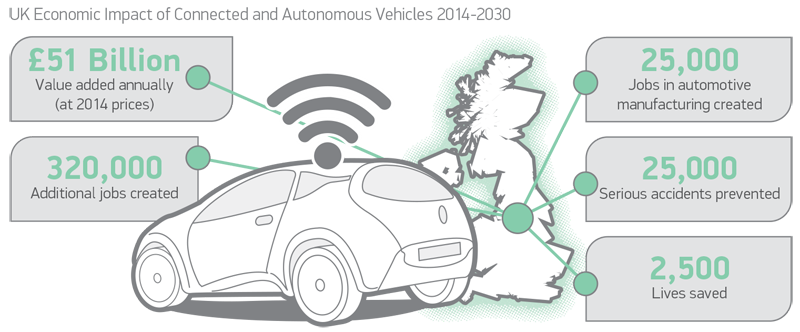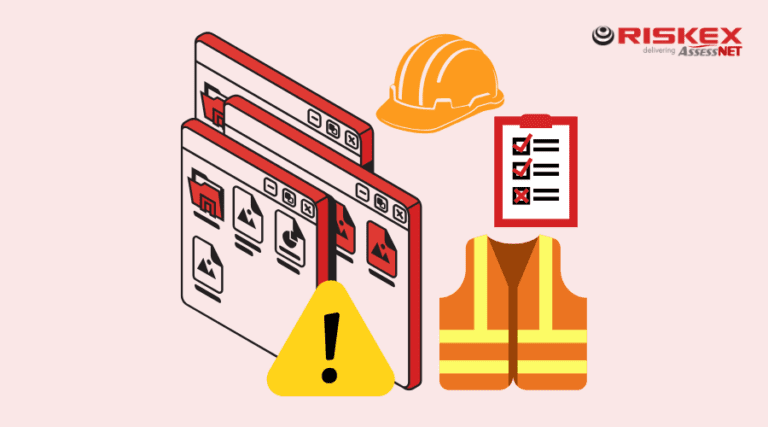New Self-Driving Car Safety Project Launched, but Do You Trust Them?
A new initiative has been launched to prioritise the health and safety aspects of implementing self-driving car technology.
What is an autonomous or self-driving vehicle?
An autonomous vehicle is broadly defined as one equipped with technology that senses the conditions around it, including traffic, pedestrians, and physical hazards and can adjust its course and speed without a human at the controls.
How do self-driving or autonomous vehicles work?
These vehicles rely on radar and high-resolution cameras, alongside computing power, to detect and identify the objects on a street and ensure the car is instructed to avoid them.
Some of the more basic technologies that these systems have for example, automatic braking systems, lane sensors and parking sensors already exist in regular vehicles.
The new self-driving car safety project
Known as the Methods for Assurance of Self-Driving Vehicles scheme (Massdrive), this project aims to establish stringent methods for approving and certifying self-driving cars as they enter the market. Supported by scientists and experts, with leadership from the University of Surrey, Massdrive encourages collaboration among car manufacturers, regulatory bodies, academics, government entities, and local communities, to ensure that health and safety remains at the forefront.
Following the government’s announcement of plans for new legislation facilitating automated driving on UK roads, Massdrive is geared towards ensuring that all self-driving vehicles undergo comprehensive safety testing.
Professor Saber Fallah, co-investigator of the project and director of the connected autonomous vehicles research lab at the University of Surrey, emphasised the initiative’s primary objective: prioritising the safety of these vehicles.
“Our main goal is to make sure these vehicles are safe” stated Mr. Fallah. ” By having regular discussions, workshops and meetings, we’re creating a space where everyone can share ideas and good ways of doing things, focusing particularly on making sure the AI in cars is trustworthy.”
Reasons to use autonomous vehicles
Various studies undertaken suggest:
- 90% of traffic emissions could be reduced by autonomous vehicles.
- Fully autonomous cars could be 10%-20% more fuel efficient.
- Traffic delays could be reduced by 26%.
- Autonomous vehicles could reduce the number of car accidents caused by human error, which currently stands at 94%.
- By 2040, the deployment of self-driving passenger vehicles on UK roads could potentially save 3,200 lives and prevent 53,000 serious accidents, contributing an economic boost of £38 billion.
According to the SMMT (The Society of Motor Manufacturers & Traders):
- £51 billion value added annually (at 2014 prices)
- 25,000 jobs in automotive manufacturing created
- 320,000 additional jobs created
- 2,500 lives saves

These statistics paint a compelling picture of the transformative potential of autonomous vehicles and could help create a safer, more efficient future for transportation.
So when are autonomous vehicles likely to hit the market in the UK?
according to the UK Government. Self-driving cars could be available as early as 2026 in the UK as there are concerns that the UK is falling behind other countries, such as the US, with self-driving technology that can be used on public roads.
Autonomous lorries and buses
Other types of autonomous vehicles like buses and lorries could be on UK roads by as early as 2030, with major players including Tesla, Embark, Daimler, Einride, Waymo, TORC AI and many more.
In conclusion, it’s undeniable that autonomous vehicles are on the horizon and as they prepare to enter the market, it’s crucial to ensure that they not only enhance safety for passengers but also safeguard the interests of workers in the commercial industry. With collaboration and rigorous testing, we can pave the way for a future where autonomous vehicles are both safe for people and beneficial for society as a whole.






